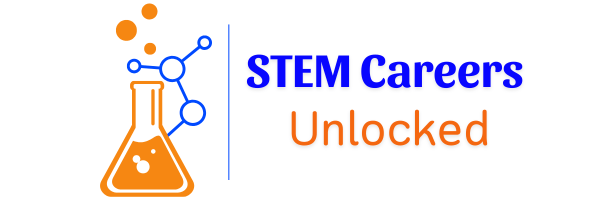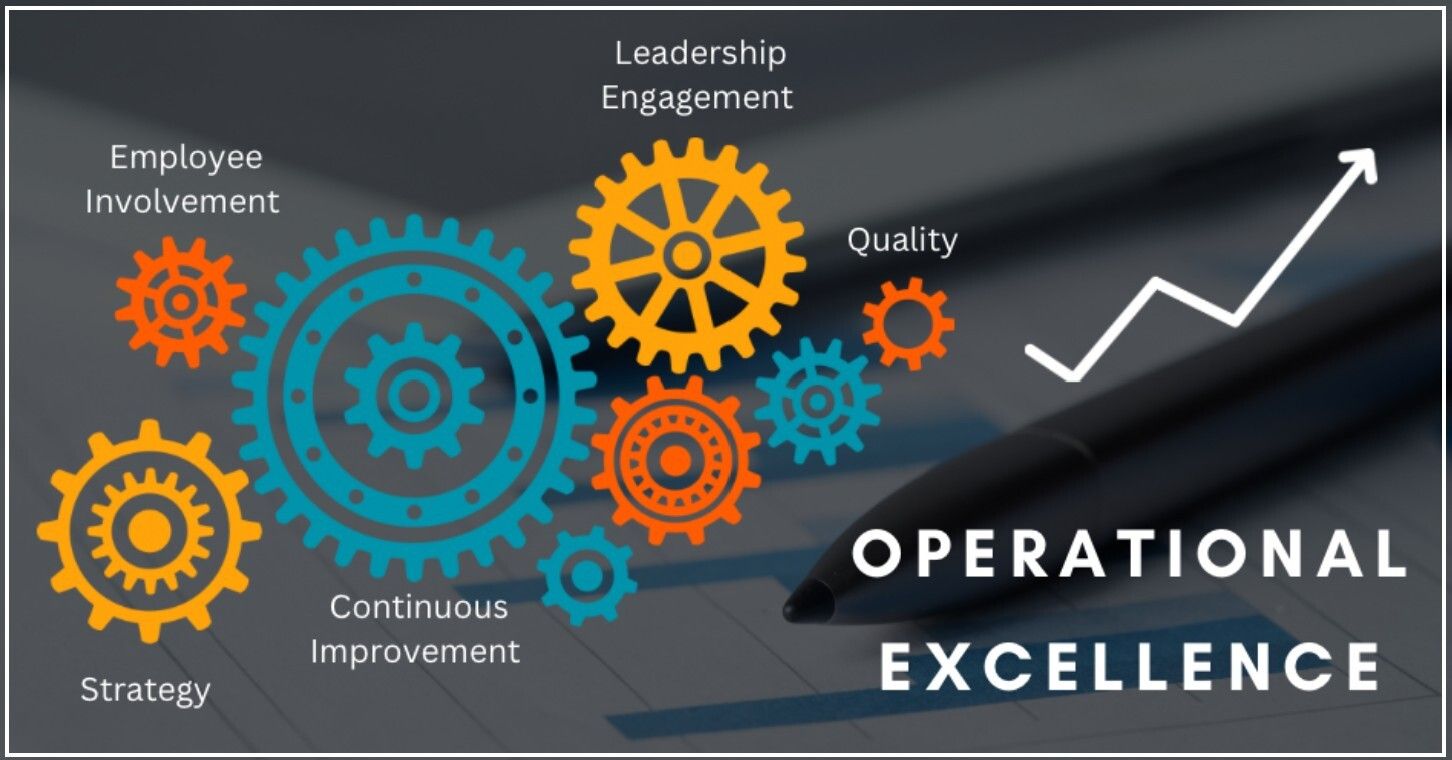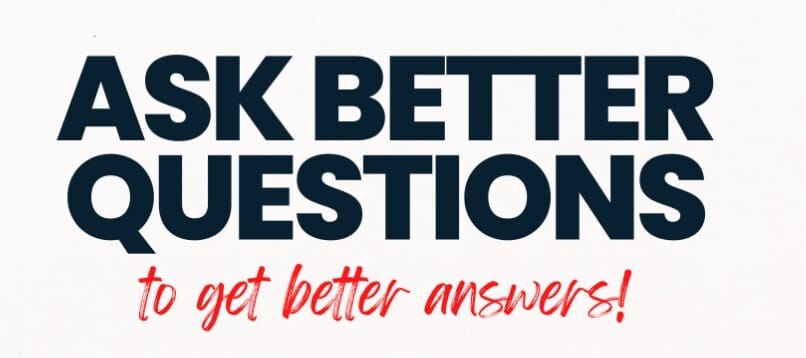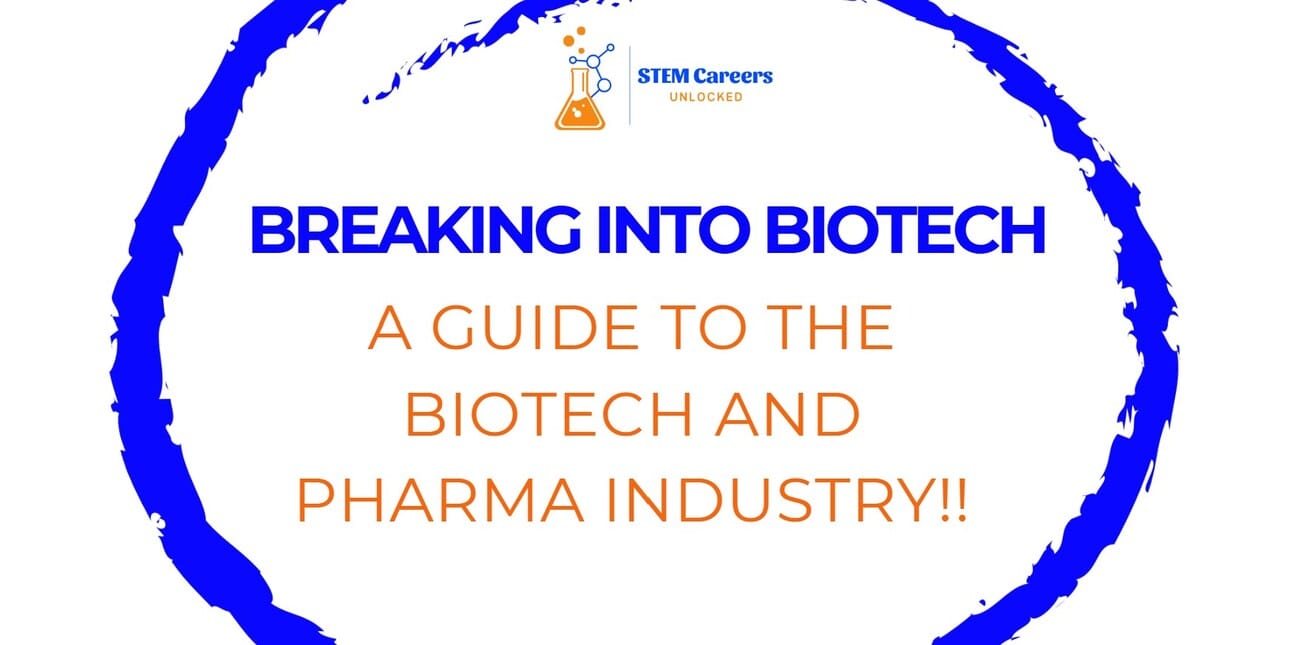
🍨🍨Science Meets Sweet: National Hot Fudge Day (July 25)
Ever wonder what actually makes hot fudge so irresistibly good? When you mix sugar, cream, butter, and cocoa—and heat it just right—you’re not just making dessert… you’re doing chemistry (the tasty kind).
That thick, glossy texture? It's thanks to emulsification—where fats and liquids come together in perfect harmony. And that deep, rich chocolate flavor? That's the Maillard reaction at work, releasing all those toasty, mouthwatering notes when heat combines with sugar and protein. So yeah, your sundae is basically a science experiment you can eat!
Today’s issue:
🔎Career Spotlight: Smooth Operator: Driving Efficiency in Biotech from Day One
💡Skills Spotlight: Ask Better Questions, Get Better Mentorship
🔥Career Glow-Up Challenge: The Visibility Challenge: Be Seen, Not Just Busy
🔥Professional Resources: When Feedback Feels Off: Using Critique That Doesn’t Feel Fair
💼Resource: Breaking into Biotech: A Guide to the Biotech & Pharma Industry

🔎STEM CAREER JOB OF THE WEEK
⚙️Smooth Operator: Driving Efficiency in Biotech from Day One

An Operational Excellence Associate helps biotech and pharma companies work smarter, faster, and more efficiently. Their job is all about identifying process improvements, eliminating waste, and boosting productivity across departments like manufacturing, quality, and supply chain. Utilizing tools such as Lean Six Sigma and continuous improvement strategies, they enable teams to streamline workflows, enhance compliance, and foster operational success in highly regulated environments.
This role blends data analysis, project support, and cross-functional collaboration—and often serves as a launchpad into leadership or specialized improvement roles.
🎓Major:
- Industrial Engineering, Business Administration or Management, Operations Management, Supply Chain Management, Chemical or Biomedical Engineering, Pharmaceutical Sciences, or other related science degrees.
Job functions:
⚙️⚙️An Operational Excellence Associate drives efficiency in biotech. This role combines data analysis, project support, and collaboration, often leading to leadership or specialized improvement positions. Some key responsibilities include:
🔎Support continuous improvement projects in manufacturing, quality, or lab operations
🔎Analyze data to identify inefficiencies and process bottlenecks
🔎Assist in Lean or Six Sigma initiatives (e.g., Kaizen events, 5S, root cause analysis)
🔎Create process maps, dashboards, and reports to track performance)
🔎Facilitate cross-functional meetings and improvement workshops
🔎Support implementation of new tools, systems, or automation technologies
🔎Document and standardize best practices across teams
🧠Skills Needed:
Technical:
- Knowledge of Lean, Six Sigma, or Agile principles
- Data analysis and visualization (Excel, Power BI, Minitab, or Tableau)
- Process mapping and workflow design (e.g., Visio, Lucidchart)
- Basic understanding of GMP and regulatory requirements
- Project coordination tools (Jira, Smartsheet, or Asana)
Soft Skills:
- Problem-solving and critical thinking
- Strong communication and facilitation skills
- Team collaboration across functions and departments
- Curiosity and a continuous improvement mindset
- Ability to manage multiple priorities in a fast-paced environment
💰Salary Landscape:
- The salary range varies depending on factors such as location, experience, and skill level.
- You can expect an annual salary ranging from $24,000 to $66,000, with an average of $44,307 per year in the United States. Source: Zip Recruiter)


💡SKILLS SPOTLIGHT
Ask Better Questions, Get Better Mentorship!

✨✨If you’ve ever walked away from a coffee chat or career convo with a mentor thinking, “Well… that could’ve been more helpful,” you’re not alone.
Often, it’s not the mentor—it’s the questions.
Mentorship isn’t magic. It’s a relationship. And like any relationship, the value you get depends on the intention you bring.
Whether you’re meeting with a leader you admire, chatting with a professor, or networking with a colleague two steps ahead of you, the questions you ask will shape the kind of advice, insight, and opportunity that flows back.
So let’s level up how you show up.
💡💡Try these questions instead of: “Can I pick your brain?”
Here are five powerful, purposeful questions to ask during your next mentorship or networking chat:
"What’s a decision you made early in your career that shaped where you are today?"
This gets you beyond résumé facts and into real-world wisdom."What do you wish more people in STEM leadership roles understood about their influence?"
Insight into values and blind spots = pure gold."I’m currently navigating [specific challenge]. Have you faced something similar—and how did you approach it?"
Specificity invites relevant and actionable guidance."If you were in my shoes, what would you prioritize in the next 6 months?"
A strategic lens that gets them thinking about your growth plan."Is there anyone else you recommend I speak to about this path?"
Mentorship is a web. This keeps the conversation moving.
Self-trust isn’t about pretending you’re not nervous. It’s about showing yourself that you’re reliable, resourceful, and resilient—even when the stakes are high.
🎯One more tip:
Before your next mentorship meeting, write down what you actually want: clarity, a sounding board, a warm introduction, or honest feedback. The clearer you are, the more useful their insight will be.
Let’s normalize asking better questions and getting the guidance we really need.

📅📅🔥☕CAREER GLOW-UP CHALLENGE:
The Visibility Challenge: Be Seen, Not Just Busy

🔥 ☕Goal: The goal of the Visibility Challenge is to help early professionals shift from being quietly productive to strategically visible—so their contributions, ideas, and potential are recognized by peers, mentors, and decision-makers.
🔥 ☕ Why It Matters: Early in your career, it’s easy to fall into the trap of being the “quiet hard worker”—always producing but rarely recognized. But here’s the truth: being visible isn’t about showing off—it’s about showing up. It’s about letting your contributions and potential be seen so you’re considered for growth, leadership, and new opportunities.
📅Weekly Visibility Prompts (Pick 1 or Mix & Match)
✅Speak Up in a Meeting
Share your opinion, ask a thoughtful question, or summarize a key takeaway. You don’t need to dominate the room—just contribute.
🗣️Example: “That point really stood out to me. I’d love to build on it by suggesting…”
✅Lead or Volunteer for a Micro-Project
Take initiative on something small but meaningful—such as planning a team event, streamlining a system, or suggesting a new idea.
🛠️Example: “I noticed we could simplify our intake form—I’d be happy to draft a new version and get feedback.”
✅Post or Share in Team Channels (Slack, Teams, Email)
Celebrate a win, share a resource, or uplift a teammate. It shows leadership, thoughtfulness, and clarity.
💭Example: “Here’s a quick recap of the campaign we wrapped up—plus what I learned and what we might improve next time.”
✅Give a Mini Presentation or Share a Lesson Learned
Offer to do a 5–10 minute “lunch and learn” or post a quick tip you picked up. Teaching others builds trust and credibility.
🎓Example: “Here’s a quick 3-step process I used to speed up reporting—happy to share the template if it helps!”
✅Ask for Face Time with Your Manager
Visibility isn’t just public—it also means ensuring your growth, goals, and successes are recognized. Request a 1:1 check-in or share a quarterly progress summary.
📅Example: “I’d love to schedule 15 minutes to share a few highlights from Q2 and get your feedback.”
💭Confidence Reframe: Visibility isn't about ego—it’s about opportunity. You can’t grow from behind the curtain.”

It’s easy to get caught up in defending yourself against critique that feels unfair. Leadership coach Angela Justice recommends a different approach that can help you better align how you want to be seen with how you’re showing up.
You’re in a performance review, nodding along—until one comment stops you cold. Maybe it’s off base, one-sided, or just plain wrong.
You feel it before you can explain it: a twist in your gut, a flush of heat. Your mind goes still, then races. “That’s not true.” “Why didn’t they say this earlier?” “How could they think that?”
You stay composed and keep listening, but later—maybe hours, maybe days—the sting of it creeps back in. You try to be objective, try to let it go. And still, something doesn’t sit right.
It just doesn’t feel fair.
Feedback Can Be Wrong but Still Useful
When feedback feels unfair, it often hits something deeper—your values, your sense of identity or a familiar frustration. However, your emotional response doesn’t mean you’re overreacting. It means something meaningful was triggered, and that makes it worth examining. (Source: Biospace)

💼PROFESSIONAL DEVELOPMENT
Breaking into Biotech: A Guide to the Biotech & Pharma Industry!
💼Hey there—thinking about a career in biotech?
You’re in the right place. Whether you're deep into your STEM major or just starting to explore career options, this Breaking into Biotech Career Guide is here to help you figure out what the biotech world is all about—and how you can be a part of it.
Biotech is where science, innovation, and real-world impact come together. From cutting-edge research to creating life-saving therapies, there's a place for almost every interest and skill set. We’ll break down what the industry looks like, what kinds of jobs are out there, and what steps you can take now to get your foot in the door.
Let’s get into it!

What kind of professional development content would you like to see?





